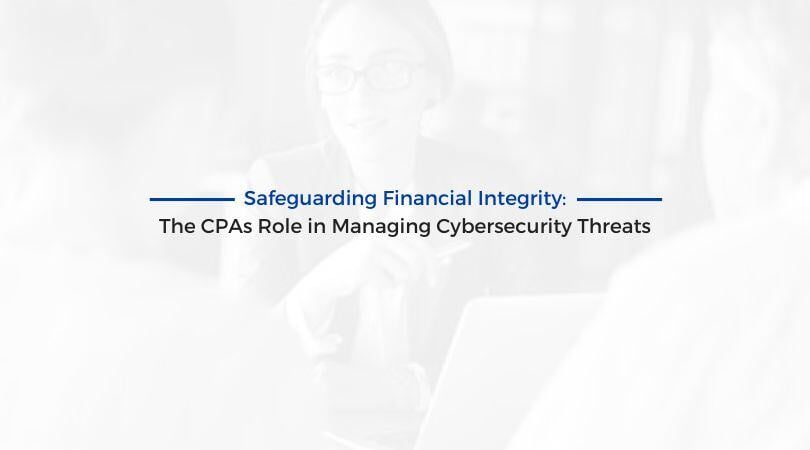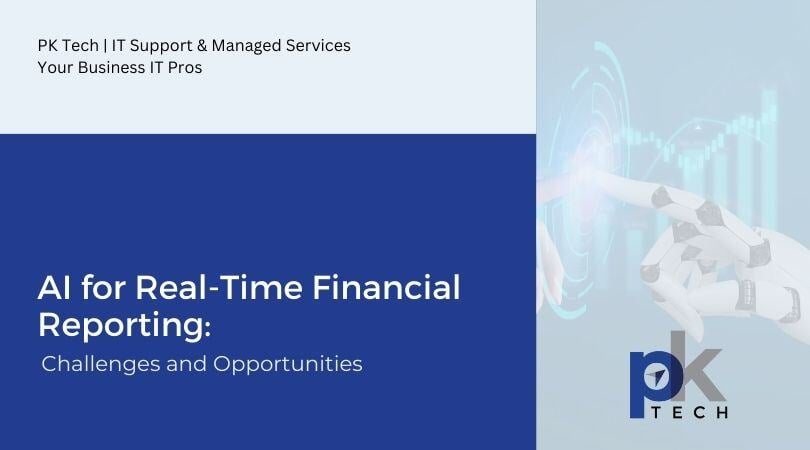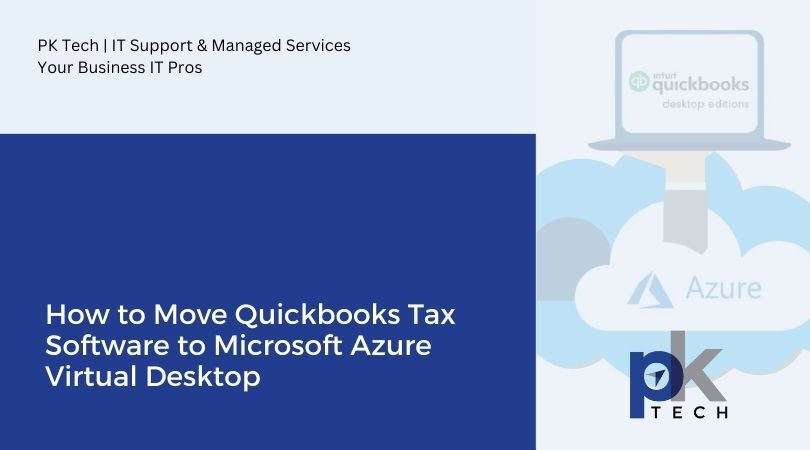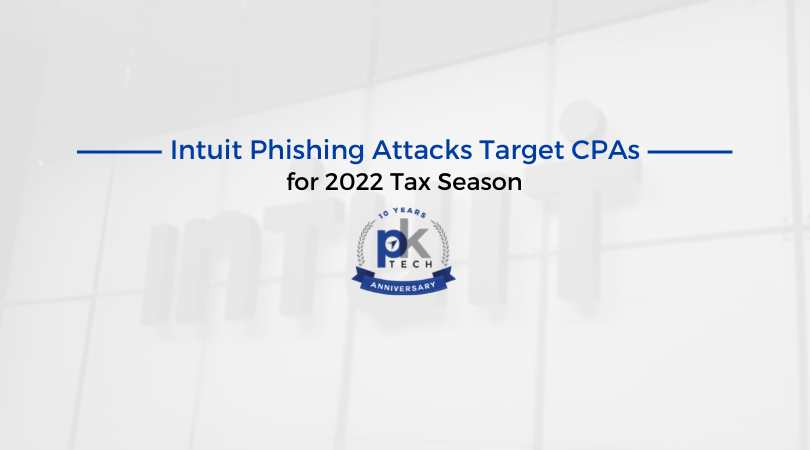AI for Real-Time Financial Reporting: Challenges and Opportunities
Technology has long since been paving a new way forward. From ordering a hamburger at a fast food joint to managing books for a corporation,...
3 min read
Megan Schutz : Updated on December 20, 2024

For the professionals whose lives revolve around April 15th, there is a world of risk and opportunity. The landscape of financial management–with CPAs at the forefront–has evolved significantly.
With an increasing reliance on technology, businesses are facing both massive opportunities and unprecedented challenges – especially in the realm of cybersecurity. As threats become more sophisticated, the need for robust cybersecurity measures has never been more critical.
CPAs have been given official guidance on protecting taxpayer data via IRS Publication 4557. In addition, the FTC expanded the definition of “financial institutions” to include tax prepares as part of the Gramm-Leach-Bliley Act. CPAs must comply with the FTC Safeguard Rule as of 2023.
Let’s explore how your CPA firm can play an active role in managing cybersecurity threats for both the financial integrity of your clients and your firm’s security.
When you’re in the business of finances and sensitive personal information, you are a sure target for money-hungry cybercriminals. No surprise there. As a CPA, yes – you are a target, but here’s the truth: you don’t have to be a victim.
The first step to proactive cybersecurity measures is clearly understanding the risks. Here are the three main types of attacks:
To address these risks, firms need to put measures in place that cover both the technology and the people using it. Security measures must proactively detect risks and vulnerabilities (i.e., phishing, ransomware, and beyond).
How can firms use technology and personnel to accomplish this? Let’s cover this.
Cybersecurity breaches can have devastating consequences for businesses, ranging from financial losses to reputational damage. Given the sensitive nature of financial data, CPAs play a pivotal role in protecting their clients’ assets and maintaining trust in financial systems. Here’s how CPAs contribute to managing cybersecurity threats:
A smart, nimble, proactive cybersecurity strategy has broader implications for a firm than just data safety. It can impact a firm’s future ability to grow. Committing to developing and enhancing a cybersecurity framework can make all the difference in your firm’s future.
CPAs play a vital role in safeguarding financial integrity and managing client risks. As cyber threats continue to evolve, CPAs will remain at the forefront of efforts to fortify financial systems and uphold trust in the integrity of financial information.
With a long history of supporting CPAs as they prioritize cybersecurity, PK Tech is here to help. We service small to medium-sized businesses in the Greater Phoenix Area. Book a complimentary call with a member of our team today.
You can also evaluate your firm’s FTC Safeguards Rule readiness by taking our quiz.

Technology has long since been paving a new way forward. From ordering a hamburger at a fast food joint to managing books for a corporation,...

1 min read
As businesses increasingly rely on cloud-based solutions to support remote work and improve operational efficiency, traditional desktop software...

The tax software company Intuit recently released two formal warnings regarding phishing emails ahead of the April 15th tax deadline. You can read...